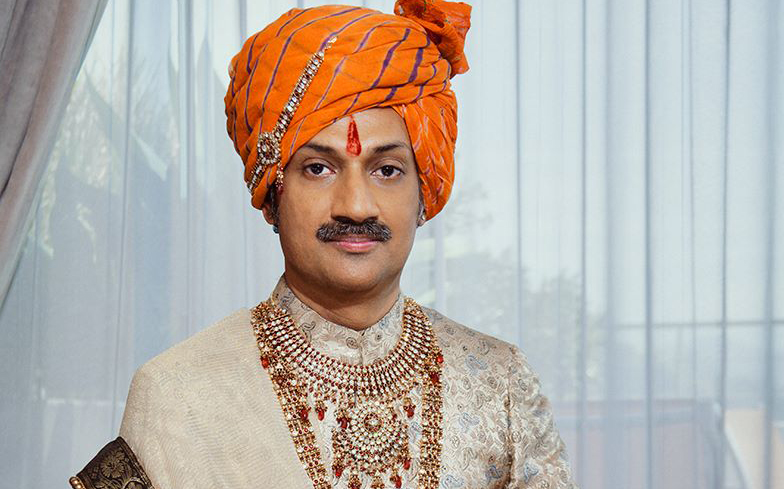
Indian prince Manvendra Singh Gohil launched the course as part of the Law and Liberal Studies degree at the Karnavati University.
The course, which is titled, Proclivity of Gender: Socio-legal approach to LGBTQ Community, is believed to be the first course to focus on LGBTQ issues within South Asia.
On the course, students will learn about the LGBTQ rights movement in India, and the overall impact of Section 377, which was imposed by British colonists and criminalises same-sex activity. The course will also examine the physical and mental health of someone who is LGBTQ, including HIV.
Related: India’s supreme court begins hearing on decriminalising gay sex
The Times of India report Prince Manvendra Singh Gohil as saying: “Through this course, we will present facts about the community, that are backed by evidence and reasoning to the students to make them understand various aspects of the LGBT community.”
Gohil then added: “The idea behind the course is to foster inclusive education and greater social acceptance towards the third gender.”
And the course isn’t just for the university students, as it’s been reported that 60 other participants from across India will also study it.
Professor Shrut Brahmbhatt, a convener of the course, said that he hoped the course would help fight discrimination against the LGBTQ community. “Discrimination is so rampant against LGBTQ people in the country that they are denied access to basic facilities including healthcare and the right to property, among several others,” he told The Times of India.
“Educating students about the LGBTQ community will help sensitize them to the invisible sexual minority. A few years down the line when these participants may encounter friends, colleagues, acquaintances or even their own children being queer, they will treat them as equals, which is seldom seen at this point.
“Education therefore will help bridge this gap.”
Earlier this year, Prince Manvendra Singh Gohil pledged that he would fight against the country’s anti-LGBTQ laws.
This law was not an Indian law. One has to understand that homosexuality has been existing in our Indian society since bygone eras,” Manvendra told ABC.
“We have temples in India which are centuries old where homoerotic statues have been openly depicted.”
He added: “We have got independence 70 years ago, when we have got rid of the British. I don’t understand the reason why the laws made by them are continued.
“And especially in our country, where our religion is predominantly Hinduism, is openly tolerant towards homosexuality.”




